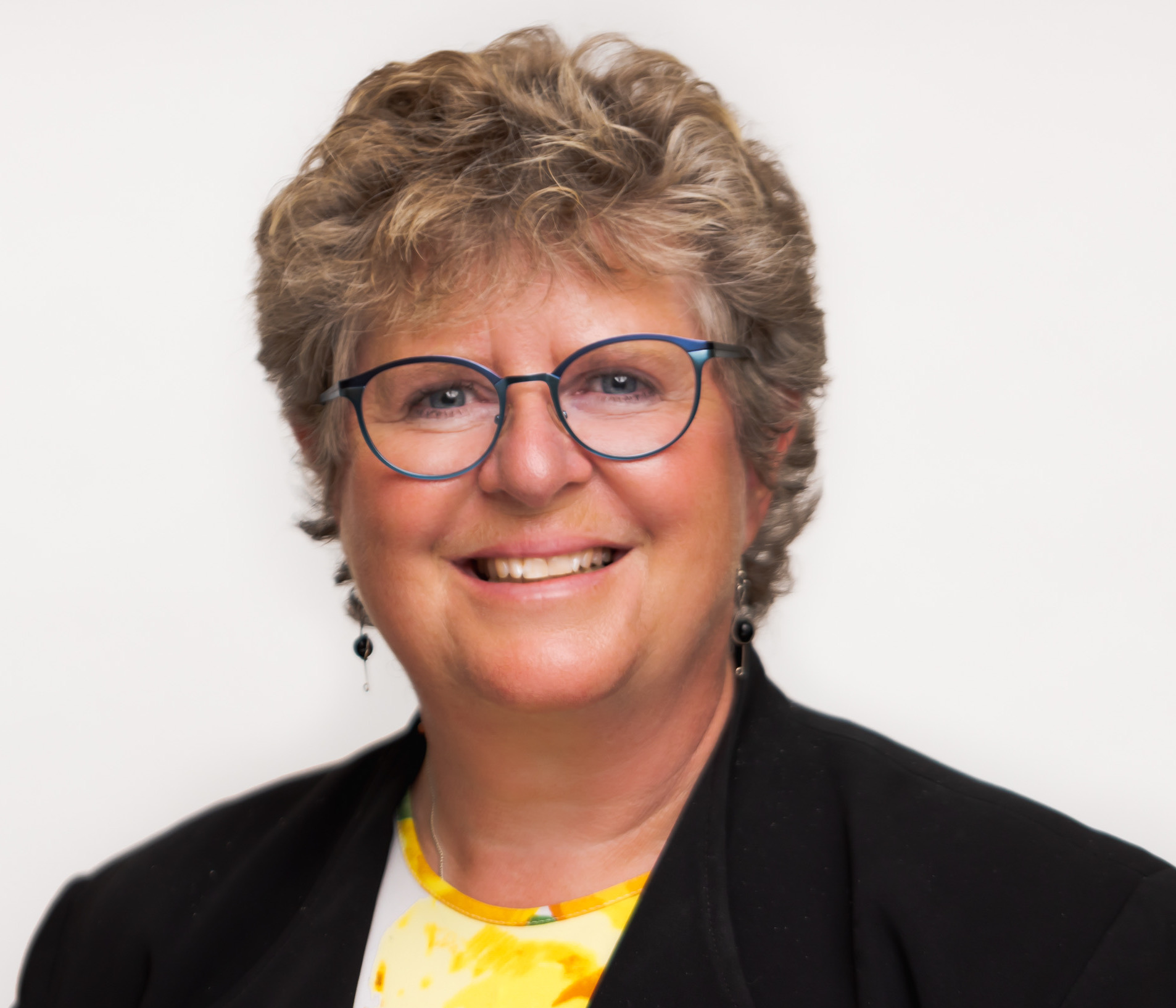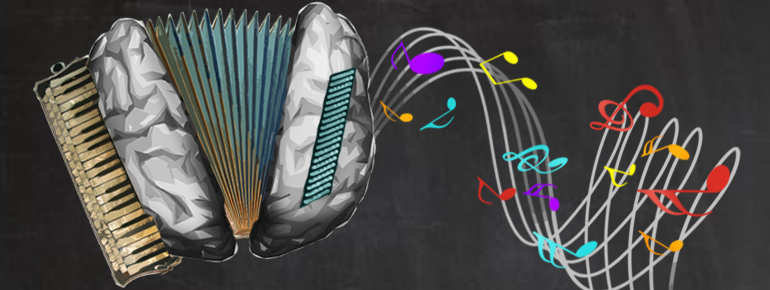So how does music impact us? It has the capacity to make us feel all types of emotion such as elation, sadness, joy, fear, and exhilaration. Through a variety of functional imaging studies, we have developed our understanding of the brain’s response to music and the areas of the brain involved in the different components that comprise music. It can impact our heart rate, blood pressure, serum cortisol and activates the reward systems in our brain, elevating our mood. There is a growing body of literature and health professionals who recognize the importance of the humanities in medicine. The humanities provide opportunities for us to question what we do and why, and to rediscover meaning in our work. We can reflect on our experiences, listen with new ears, and see with a different lens. A number of papers related to music in medicine have been published, but overall this is a discipline that has had limited attention compared to visual art or narrative medicine for example.
Medicine has moved primarily to a team based care model in which different disciplines work together. This can be challenging due to different training, philosophies of practice and the ongoing hierarchy in healthcare. This blog post is a prompt to consider how music can positively influence and impact team-based care. Three ways in which music can do this will be reviewed: the first considers how music is an analogy for medicine and how the performance of music is similar to healthcare teamwork; the second examines how music can foster teamwork and enhance wellbeing; and lastly how music can enhance critical thinking and clinical reasoning.
Music as an analogy for medicine
Music and medicine are often seen as disparate, and not easily integrated. As a musician, I have always found this interesting as the two share much in common. Both disciplines require technical skills, rules, and interpretation. In performing groups, there are different roles and instruments, each with a shared knowledge and purpose but also individual expertise that creates the sound of the orchestra or group. Similarly, patients may need care from different specialties. There is a shared focus on treating the patient, and each person’s contributions are unique.
When you listen to a musical performance, even if it is the same music, no two performances are identical, as it will depend on the listener, musicians, and the venue. Similarly in medicine, each patient is different and how we approach care may be modified by the patient’s particular presentation, circumstances and expectations, and the team you are working with. In both music and medicine, we have defined roles that bring something to the performance or the care.
Music to foster teamwork and well-being
Singing and playing music like any learning, facilitates the formation of neural networks. It can teach skills such as listening, leadership, and self-discipline, and can enhance self-esteem. Team based care requires team members from different backgrounds and philosophies to work collaboratively and communicate effectively. This can be challenging, involving threats to professional identity and self-worth. Singing in choirs or playing in a group can foster synchrony and cooperation. It can reduce stress and promote bonding between participants. It provides us with social connections and an opportunity to understand one another as human beings rather than just someone from another discipline.
This has been a challenging period in our lives and maintaining our own health as medical educators and health professionals is vital if we are to provide high quality medical education and clinical care. Embedding music in our everyday lives in different ways can help maintain our wellbeing and enable positive interactions with our colleagues and patients. Music helps us develop skills that naturally feed into our team interactions and ability to give and receive feedback.
Developing Clinical Reasoning Skills through Music
Clinical reasoning describes the thought processes involved in combining and synthesizing data to develop a differential diagnosis. Critical thinking is a key component of clinical reasoning: it can be described as thinking carefully and rigorously about the information we have at hand. Do we have all the information we need to come to a conclusion? Does our logic make sense? Prior work has shown that we come up with the incorrect diagnosis 15% of the time, and 75% of these errors are due to physician thinking error. Our challenge is that our brain is inherently bias, has difficulty with ambiguity and prefers to use as little energy as possible. These are drivers to come to a rapid conclusion, even when there is insufficient evidence. We look for patterns and use mental shortcuts or heuristics to make sense of information, often filling in gaps to fit the patterns we see.
Previous studies have demonstrated that the arts and humanities in medicine can encourage flexibility, a willingness to sit with ambiguity, and an ability to maintain curiosity. Although fewer studies focus specifically on music, there are ways in which music can foster the skills we need in clinical reasoning. When we listen closely to music, we are analyzing what we are hearing, comparing and contrasting the different sounds, making connections and recognizing patterns. We can learn to direct our focus to specific instruments or rhythms. As a member of a musical group, we must also listen to one another and allow others to take the lead at times. In order to get the best sound, we must ensure all instruments are heard, and give and receive feedback in a constructive way to enable the final product. These skills are critical in medicine if we are to overcome our cognitive biases and reduce the risk for medical error. They are also key to working as a functioning team.
How are you integrating music in your personal and professional life? Comment and join the conversation below.
Did you know that the Harvard Macy Institute Community Blog has had more than 300 posts? Previous blog posts have explored topics including lessons in professional identity formation, art as antidote, and a peaceful approach to virtual teaching.
Wendy A Stewart


